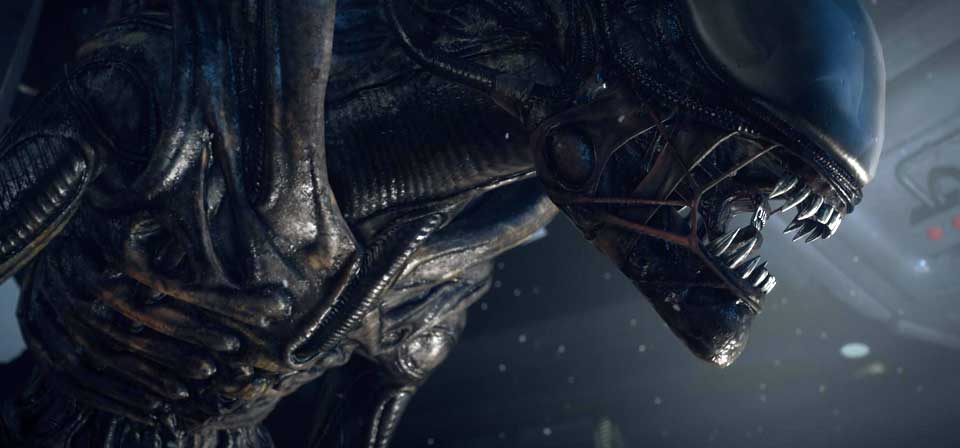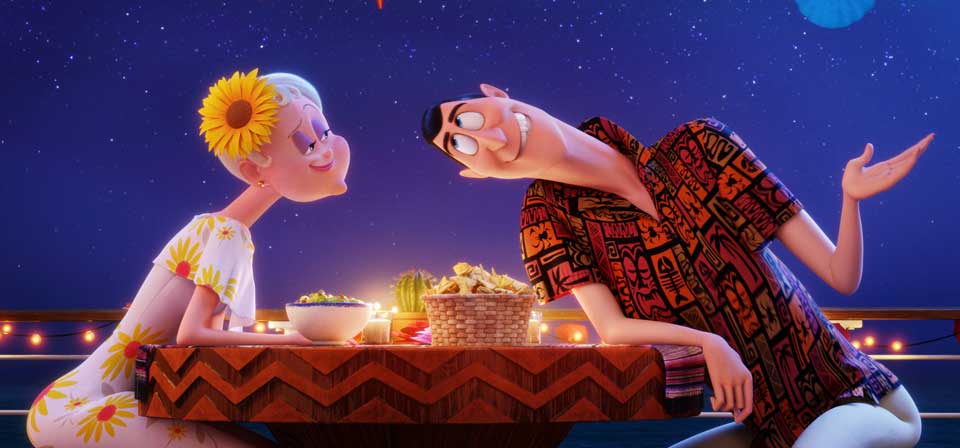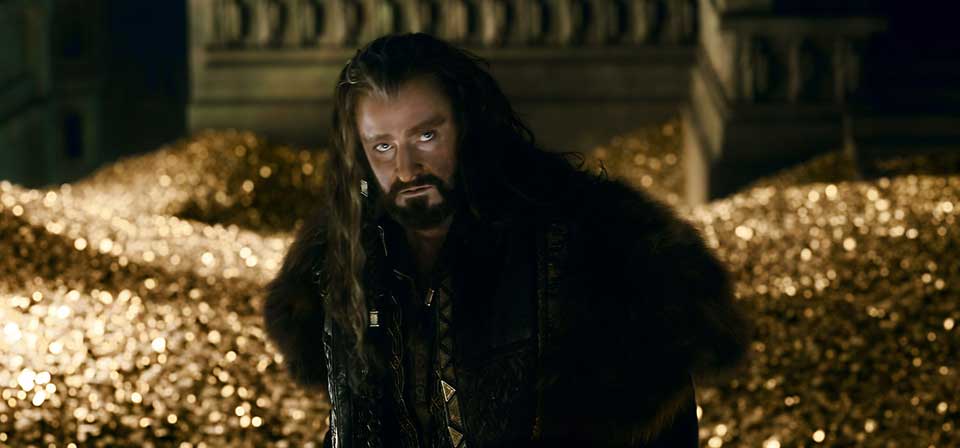Search Results
103 records found
Hollywood After September 11, 2001
The shadow of September 11, 2001 over Hollywood still lingers.
Hollywood and Religion: Priests, Nuns and the American Silver Screen
An old witticism has it that Golden Age Hollywood was “a Jewish-owned business selling Catholic theology to Protestant America.” If not strictly accurate, the bon mot contains more than a kernel of truth.
Hollywood and the Bible: How can filmmakers get it right?
The recent announcement that Black Swan director Darren Aronofsky is moving forward with a $130 million adaptation of the story of Noah’s ark comes on the heels of last week’s news that Steven Spielberg is being sought to direct a new epic on the life of Moses for Warner Bros. These are just two of a remarkably high number of Hollywood biblical projects in the works at the moment.
Hollywood Homicide (2003)
The only thing that makes this particular film worth noting is the melancholy milestone it marks in the career of the man who was once Hollywood’s biggest star: It has now been a full decade since Harrison Ford took on a role worth caring about.
Hollywoodland (2006)
Just as real tragedy requires some sort of greatness, and real blasphemy presupposes some real sense of the sacred, so the iconoclastic depends on the iconic. Hollywoodland portrays a man so thoroughly trivial, so shallow and small, that it’s hard to see why anyone would want to make a movie about him, or watch one.
Home on the Range: The Last Roundup for Disney Animation?
Is Home on the Range really the final entry in the canon of Disney’s traditional hand-animated feature films — a body of work that goes back to Snow White and the Seven Dwarfs and includes such landmarks as Fantasia, Pinocchio, and Beauty and the Beast?
Hoosiers (1986)
Hoosiers is more than a sports film — it’s a rousing story of redemption that cares deeply enough and is knowledgeable enough about the game to thrill the most demanding devotee, yet also cares deeply enough about its characters and larger themes that they matter in themselves, and aren’t just there for the sake of the game.
Hoot (2006)
Alas, lightning has not struck twice. The similarities between Holes and Hoot only serve to underscore how far short the latter falls from the high standard set by the former.
Hop (2011)
Hop is the kind of movie that makes helpless critics wish we could stage an intervention. Parents! It doesn’t have to come to this!
Hop [video]
The hunt for bin Laden may be over, but let’s not forget: Hop is still in theaters, and will soon be coming to DVD.

Horror, the grotesque, and the macabre: A Christian appraisal
Horror represents a field many Christians approach with trepidation, and rightly so. The horror shelves of bookstores and video stores are very largely a wasteland of mindless, tasteless trash; indeed, there may be no other genre as disproportionately overrun with junk. Yet the grotesque, the macabre, and the frightful have an abiding place in human imagination and culture — a place that Christian sensibility has historically not seen fit to reject or condemn, at least entirely.
Hotel Rwanda (2004)
Not in the now-distant mythology of World War II, with the iconic evil of the Nazi regime pitted against the warriors of the Greatest Generation, or even the likes of larger-than-life Oskar Schindler. Here is a horror within living memory of nearly anyone old enough to watch the film, a holocaust without the cover of a massive bureaucratic machine or industrialized, sanitized gas chambers.

Hotel Transylvania 3: Summer Vacation (2018)
I’m not thrilled about the lack of worthy romantic leading men in recent Hollywood animation, but I prefer the theme in Frozen, about needing to get to know someone before deciding to get married, to this series’ magical, inexorable “Zing” moment.
![Hotel Transylvania 3: Summer Vacation [video]](/uploads/articles/hoteltransylvania3-vid.jpg)
Hotel Transylvania 3: Summer Vacation [video] (2018)
Clearly I am not a vampire. As you can see here, I’ve changed quite a bit in the last six years … not necessarily in my opinion of this franchise.
![Hotel Transylvania [video]](/uploads/articles/hoteltransylvania.jpeg)
Hotel Transylvania [video]
Even monsters need a vacation. I would like to think they’re more discerning than this.
The Hours (2002)
Still others face demons of a yet more personal and internal sort — addiction, self-destructive behavior, disordered appetites. And then there are those unhappy individuals who seem to carry suffering itself within their very psyche — those with clinical depression and other forms of mental illness.
A house divided: A domestic family-film metaphor
Like Dorothy’s house, uprooted in fairy-tale response to her running away, physical domiciles in one family film after another are displaced, torn asunder, and undergo fantastic, traumatic crises and transformations in visionary mirroring of the upheaval in the characters’ lives.
House of Flying Daggers (2004)
In the end, though, it turns out that the House of Flying Daggers is something the film doesn’t actually care about that much. So much is this the case, in fact, that the last time we hear tell of them, the warriors called the Flying Daggers are about to get into this huge climactic battle with the enemy soldiers, whom we see advancing slowly into the bamboo forest where the Flying Daggers are hiding… at which point the story cuts to another plot thread, never to return.
“Houston, We Have a Problem.”
Those words, uttered by Tom Hanks as Jim Lovell in Ron Howard’s Oscar-winning Apollo 13, plastered across posters for the film, have become a ubiquitous part of the English lexicon—even though they’re not exactly what the real Jim Lovell actually said. According to Wikipedia, Lovell, repeating his fellow Apollo 13 astronaut Jack Swigert, actually said, “Houston, we’ve had a problem.” All rightee then.

How The Hobbit: The Battle of the Five Armies betrays Tolkien’s Catholic themes — and his religious fans
Changes like these are sadly typical of the Hobbit prequel trilogy, which is far cruder and less sensitive to the charm and beauty of its source material than the Lord of the Rings films were. As bad as Christopher Tolkien’s fears in 2012 about The Hobbit films might have been, the reality is worse.
Recent
Home Video
Copyright © 2000– Steven D. Greydanus. All rights reserved.